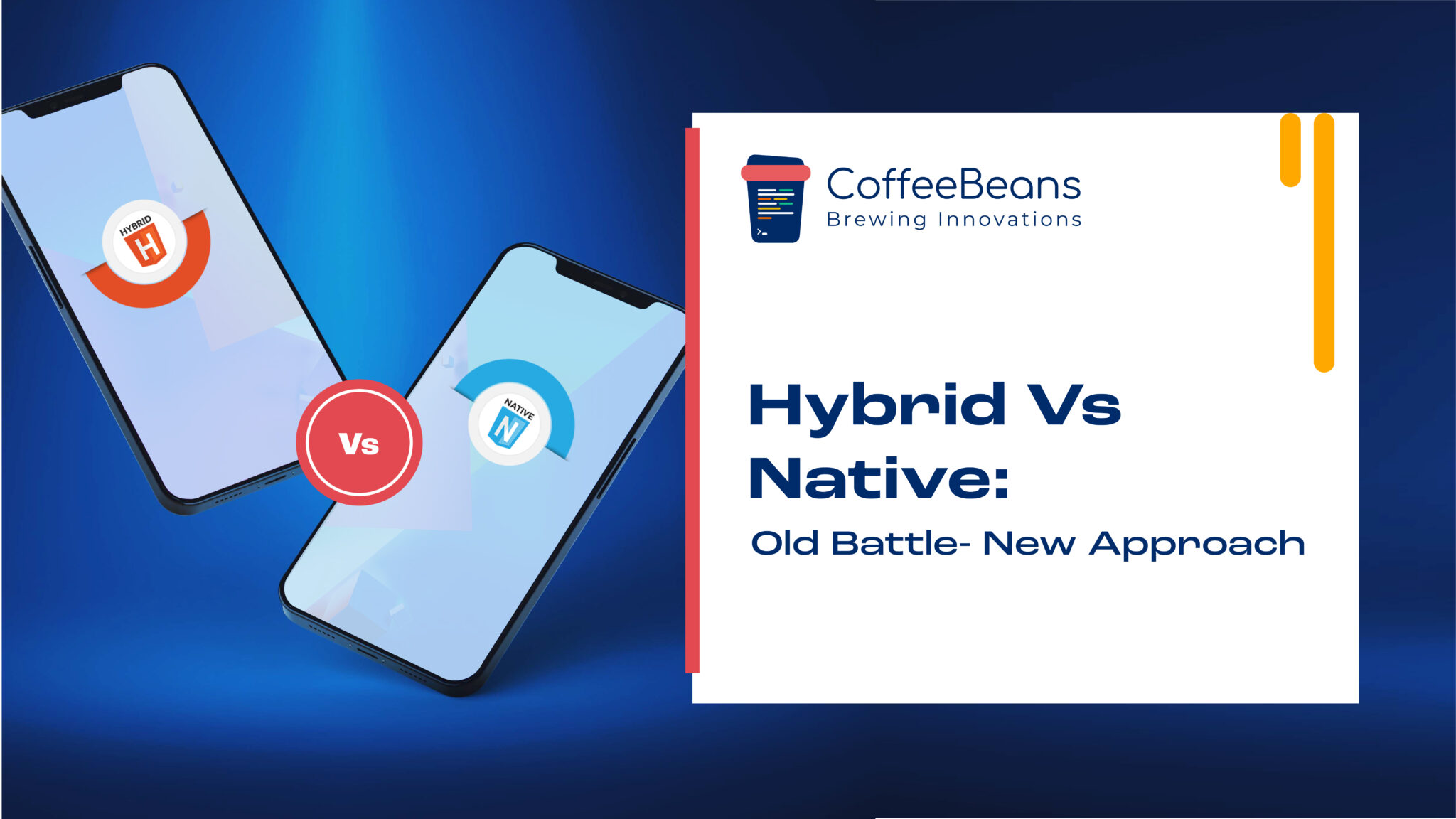How GitOps is Revolutionizing DevOps Practices in 2024

September 22, 2024
Introduction
Many organizations are familiar with the term ‘DevOps’. Some organizations may be implementing the same. The significant benefits of DevOps have been experienced by many organizations. But did you know that there is a new set of practices that takes DevOps to another level? That new paradigm is GitOps which is used along with DevOps for synergy. Consequently, many organizations are using DevOps along with GitOps. As per TechSurvey, 15% of organizations worldwide adopted GitOps in 2021. The company predicts that 60% of organizations globally will adopt GitOps in 2024.
Key Insights
In this article you will explore the basic concepts of DevOps and GitOps. You will also get acquainted with their benefits. Next, we’ll explore the implementation of GitOps for business operations. We look at examples of actual companies embracing GitOps in 2024. Finally you will come to know how GitOps is used along with DevOps for more benefits.

Definition of DevOps
DevOps is a different approach to the software development cycle. Earlier the software development team and IT operations used to work separately. In DevOps the development as well as IT operations staff do not work in silos. There is communication and collaboration between them right from the start.
Prototypes are quickly built and presented to stakeholders for feedback. The feedback is incorporated into the prototype. These steps are repeated until the full product is built. In DevOps there are quicker as well as relatively more frequent releases. Repetitive tasks are automated. So are manual processes. Errors are reduced and the delivery time slashed.
The different elements of DevOps include continuous integration, continuous delivery as well as automation.
Benefits of DevOps
- More Flexibility
DevOps involves continuous delivery as well as testing. Fresh functionality can be quickly introduced in the market.
- Short Development Time
Since there is collaboration, all key individuals are there in the loop. You do not have to wait for weeks/months to release a particular product.
- Superior Security
Traditionally testing is done post software development. In DevOps, testing is done early which either prevents errors completely or catches bugs before their impact increases.
- Superior Software Quality
Since flaws as well as vulnerabilities are detected earlier and removed, the final deliverable is of relatively better quality. The latter determines the success of the software product in the intensely competitive market.
- Better Communication
Communication takes place early and throughout the process. This removes misunderstandings and delays. The result is a high-quality deliverable facilitated by consensus between all stakeholders.
- Leverages Automation
Manual processes take time and run the risk of human error. Repetitive processes are replaced by automation saving both time and effort.
- Saves Money
Faster time to market ensures quick realization of revenue and profits. Catching bugs early saves money. Remove bugs late in the development process costs more time and money than done early. Automation is cheaper than having human resources do the same job. There is clarity about the product/service at the very beginning preventing a deliverable that is different from the stakeholder expectations. Time and effort go in changing the flawed deliverable. This scenario is prevented by adopting DevOps.
Definition of GitOps
GitOps is a new approach to infrastructure management. It borrows DevOps best practices and uses them for infrastructure automation.
Git repositories play the role as the primary source of truth for infrastructure as well as application states. Pull requests are used to implement system changes.
Benefits of GitOps
- Ensures Consistency as well as Compliance
In GitOps changes are automatically applied. So, the infrastructure is consistent with the desired state. This step also ensures that the system is compliant with existing industry standards as well as regulations.
- Ease of Scalability
Deployment procedures are automated. So complex systems can be managed better. This step makes scalability simple.
- Superior Reliability
There exists the facility to revert to an earlier state in case of any problem. This brings in more reliability as well as less recovery time.
- Superior Security
Since the source of truth is maintained in a central authority, security is ensured via auditable change logs as well as mandatory code reviews. The possibility of unauthorized changes is made difficult. Thus, overall security is enhanced.
- Ease of Auditing
It is usually overwhelming to perform auditing with the help of manual tools. GitOps offers a better alternative for auditing. You just have to view the Git logs. By doing that you come to know who did what, when and for what purpose. Also, there is clarity on the impact on deployment.
- Ease of Experimentation
Development teams are afraid of experimenting in case something goes wrong and cannot be fixed. In the GitOps model you have access to all the changes made to the environment. So, in case of problems, it is simple and convenient to revert to the earlier state.
- Superior Efficiency
You can roll back changes in the Git tool if fresh changes do not act as they were supposed to be. The team does not have to toggle between tools in order to manage changes to the relevant software environment. All things occur in the sole version control tool used to craft the deliverable.
- Already Popular and Widely Used
Git is the numero uno version control system. There is a significant number of programmers with knowledge of Git. So, no training is necessary and you can easily get competent programmers. Time is saved and your project can commence almost immediately.
Implementation of GitOps
Note that GitOps cannot be classified as a tool. The former refers to a package of practices that can be used in different situations. General steps to implement GitOps are as below.
- Make the Git Repository Ready
This is the place to store the infrastructure as well as application configuration files. A suitable Git hosting service for instance GitHub can be utilized.
- Configuration of Deployment Scripts
The latter outline the way applications as well as infrastructure are deployed to the target environments. A configuration management tool is required for this purpose.
- Make a GitOps Tool Ready
This step is to monitor the Git repository. Deployment scripts are activated whenever changes are made. Employ a GitOps tool offering support to the infrastructure as well as platform. For instance, Flux or ArgoCD can be employed.
- Final Deployment
The application can be deployed by making changes to the configuration files inside Git and by introducing pull requests. The GitOps tool will automatically sync the changes with the target environments.
How GitOps Makes DevOps Better
We take a look at why GitOps is the future of DevOps. GitOps enhances order as well control in DevOps. The result is making entities more efficient in their operations, promoting accuracy as well as compliance with relevant laws. In Short, GitOps modernizes DevOps. Software development as well as infrastructure management have greater control, efficiency as well as scalability thanks to GitOps. Deployment processes become transparent, automated, and collaborative. The system is made more efficient and manual intervention is minimized. GitOps results in the system consistently matching with the target configurations.
GitOps is based on Git, an open-source version control system. More and more organizations are adopting GitOps. The latter uses popular tools such as version control to manage infrastructure-as-code (IaC) as it manages application code. The result is a shorter timespan to react to client demands as well as market needs.
GitOps makes all deployments automated. It efficiently as well as effectively manages the existing infrastructure. There is ramped up collaboration between the development as well as operations team facilitated by GitOps. By adopting the latter, entities get instant solutions to client feedback improving the overall deliverable.
GitOps is compatible with Kubernetes as well as more container tools. To employ Kubernetes, deployment manifests have to be stored in Git repositories. Processes such as fault tolerance, load balancing as well as scaling are automated. Programmers can focus on software programming as well as give more value via the deliverable. The former do not have the responsibility of managing the infrastructure.
Agile software development teams benefit from a quick workflow thanks to adopting GitOps. Other advantages include superior collaboration, valuable feedback as well as iterations in relatively lesser time. Git assumes the responsibility and storage for codes as well as configurations. Software development teams can do seamless version control as well as monitor any changes made. If the situation demands changes can be rolled back with ease. Deadlines are met better and enhanced quality of the deliverable is achieved.
DevOps delivers improved performance as well as results. Adding GitOps to the former makes software development teams have a significant edge over the competition in terms of automation, managing infrastructure, performing auditing as well as ensuring superior security. The last advantage is pertinent given the increased frequency as well as sophistication of cyber threats.
How Companies are Implementing DevOps in 2024
- IBM is using GitOps in its cloud-native as well as Kubernetes operations. As a result IBM's development and operations teams are experiencing better productivity. By using Argo CD which is a GitOps tool, the deployment process is quicker and has higher reliability. Adopting GitOps is enhancing automation for the development teams of IBM.
- Shopify, a famous e-commerce company, has embraced GitOps practices to better manage the company's Kubernetes infrastructure. The use of a certain GitOps tool namely Flux ensures automation of deployments as well as efficient environment management. Other benefits include minimal configuration drift along with seamless collaboration between the development unit and operations unit.
GitOps Trends to Look Forward in 2024
In 2024, GitOps is supporting multi-cloud as well as hybrid environments. The platform features robust support for edge computing too. Fresh and potent tools are being introduced to make the implementation of GitOps more simple and convenient.
At Coffeebeans, we specialize in GitOps and DevOps integration and employ our skills to provide high quality solutions for organizations. The company has a talented team of professionals who are adept at combining GitOps and DevOps for superior results. Note that our developers are proficient with the Git version control system. We are skilled at overcoming the challenges and understanding the nuances of integrating DevOps and GitOps in the process of producing high quality software. As we are based in India, our rates are competitive. Over time we have established a mature outsourcing process characterized by high transparency and quick response to any doubts or issues. Our clients can vouch for our adherence to agreed deadlines, stellar quality, high performance as well as adaptability.
We sign an SLA (Service Level Agreement) at the onset so you know our response timeframe. As many clients are particular about protecting business secrets, we are open to sign an NDA (Non-Disclosure Agreement). Reach out to us at [email protected] to know how best we can serve you. CoffeeBeans looks forward to being a reliable and trusted partner in reaching your unique as well as specific goals and objectives. Join the GitOps revolution in 2024 to take your organization to another level. We will facilitate GitOps implementation in DevOps for you with precision and efficiency. Enhancing DevOps with GitOps will ramp your organization’s productivity as well as performance.

